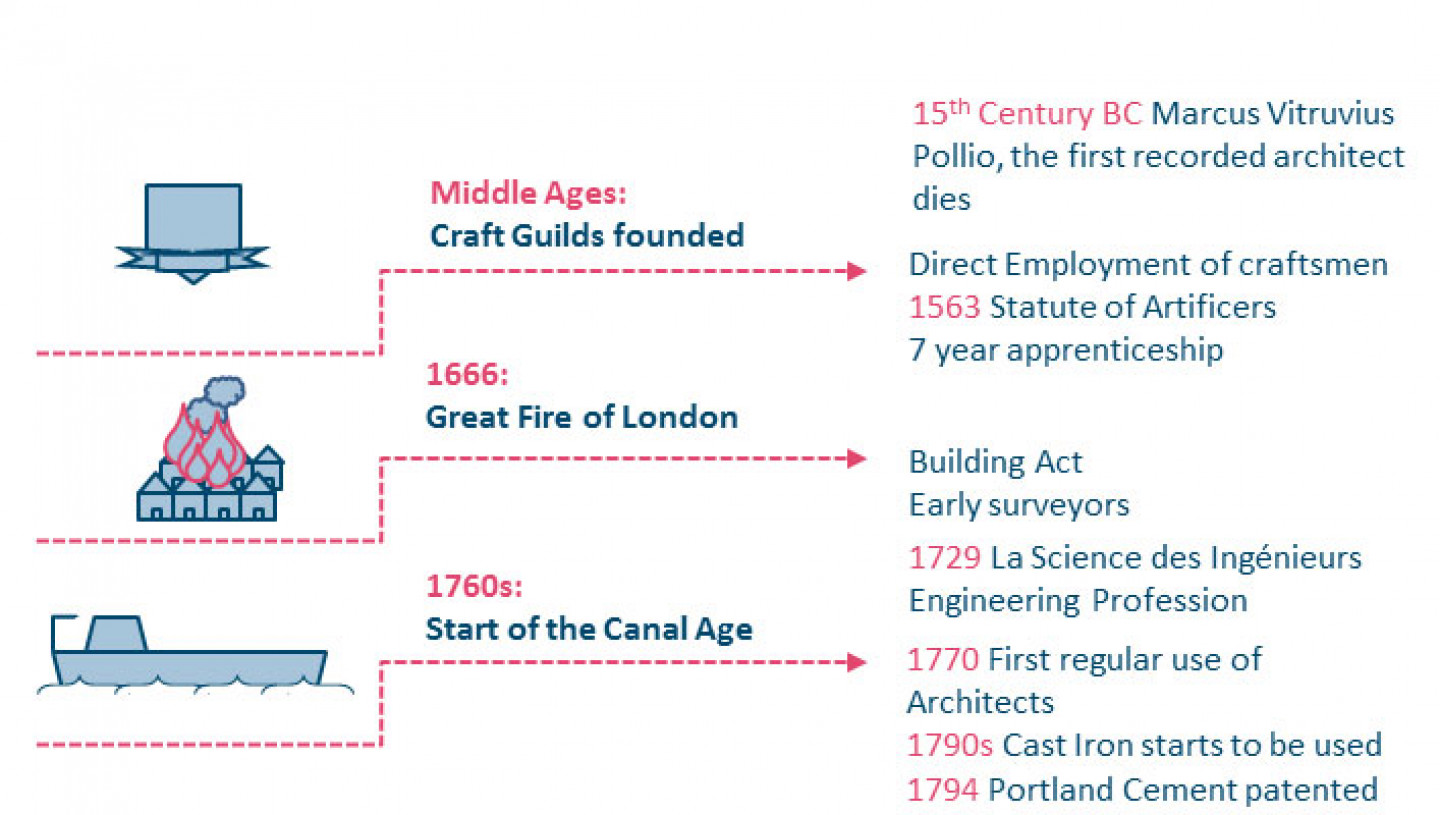As construction markets return to growth many companies are facing a new challenge, that of staff shortages. There is increasing activity by the sector to raise the profile of construction as a desirable and rewarding career path. Apprenticeship Week at the beginning of March, together with the CITB Building Futures Summit and the recent launch of the HBF recruitment site www.housebuildingcareers.org.uk and of course the born to build website are all great initiatives. So what can you do to address the skills shortage? Put bluntly now is the time to invest in your staff, not just your new recruits (if you are lucky enough to secure them) but your existing team. You don’t want to have your precious staff poached, placing you at a disadvantage.
Often the ideal candidate for a marketing role, for example, is someone with 2 or 3 years experience in the construction sector, but these people are very hard to find. Often companies have to settle for someone new to the industry. Anyone new to the construction industry must find it extremely complicated – PFI, RMI, QS, BREEAM, MMC, PPS, NHBC and that’s the easy ones! If you are an old hand to construction you will know that keeping up to speed with new regulations and initiatives is a challenge, BIM being an example.
In addition the construction sectors’ Decision Making Unit is complex, with the team responsible for designing, selecting, purchasing and installing products usually created for a single project, employed by different organisations and then disbanded. To further complicate matters, the nature of the relationship between the members of the project team will depend on the type of contract used (Traditional, Design & Build, Management, PF2).
Training your team to give them a foundation of knowledge on how the construction sector has evolved is a great starting point. Providing your staff with this understanding can help them interpret the different contract types, the supply chain mechanics of a construction project and help them understand how this relates to their respective role.
Construction as we know it today has a heritage from the industrial revolution in the 1700s. Building canals, then railways and the cities they helped to create all contributed to the background of our industry. Companies like Tarmac, Laing and Costain can trace their founders back to this time. Practices from that period also explain some of the relationships that still exist today.
A major driver of today’s built environment is legislation, this determines how and where buildings are constructed and is responsible for the majority of new product development. Initiated by the British Government or European Union it has a major impact on our industry. To understand how this works and the way it can impact on your business needs a basic understanding of the structure of legislation, implementation and control.
The way that companies organise themselves to build projects is also important. Up until the middle of the 20th Century the “Traditional” contract was the most common approach. Then with new types of buildings and client demands came first the Design & Build Contract, then Management and most recently PFI. All of these have their role in today’s environment, with contract type decided by the Client’s needs. But the implications for the designer, supplier, sub-contractor and main contractor are significant.
So with construction returning to growth now is the time to invest in your staff and refresh their skills. Take some time out to gain an understanding of the industry you work in. Once you understand the background everything else will start to make sense. Join us on the 12th of May for our open course “Construction Industry Overview” to gain a valuable understanding of the construction sector.
A timeline of the UK Construction Industry:

Chris Ashworth
 Chris Ashworth specialises in sales and marketing training for the construction industry. He is managing director of Competitive Advantage and presents a series of training courses in collaboration with The Building Centre including “Construction Industry Overview” which is next being run as an open course on Tuesday 12th May 2015.
Chris Ashworth specialises in sales and marketing training for the construction industry. He is managing director of Competitive Advantage and presents a series of training courses in collaboration with The Building Centre including “Construction Industry Overview” which is next being run as an open course on Tuesday 12th May 2015.

